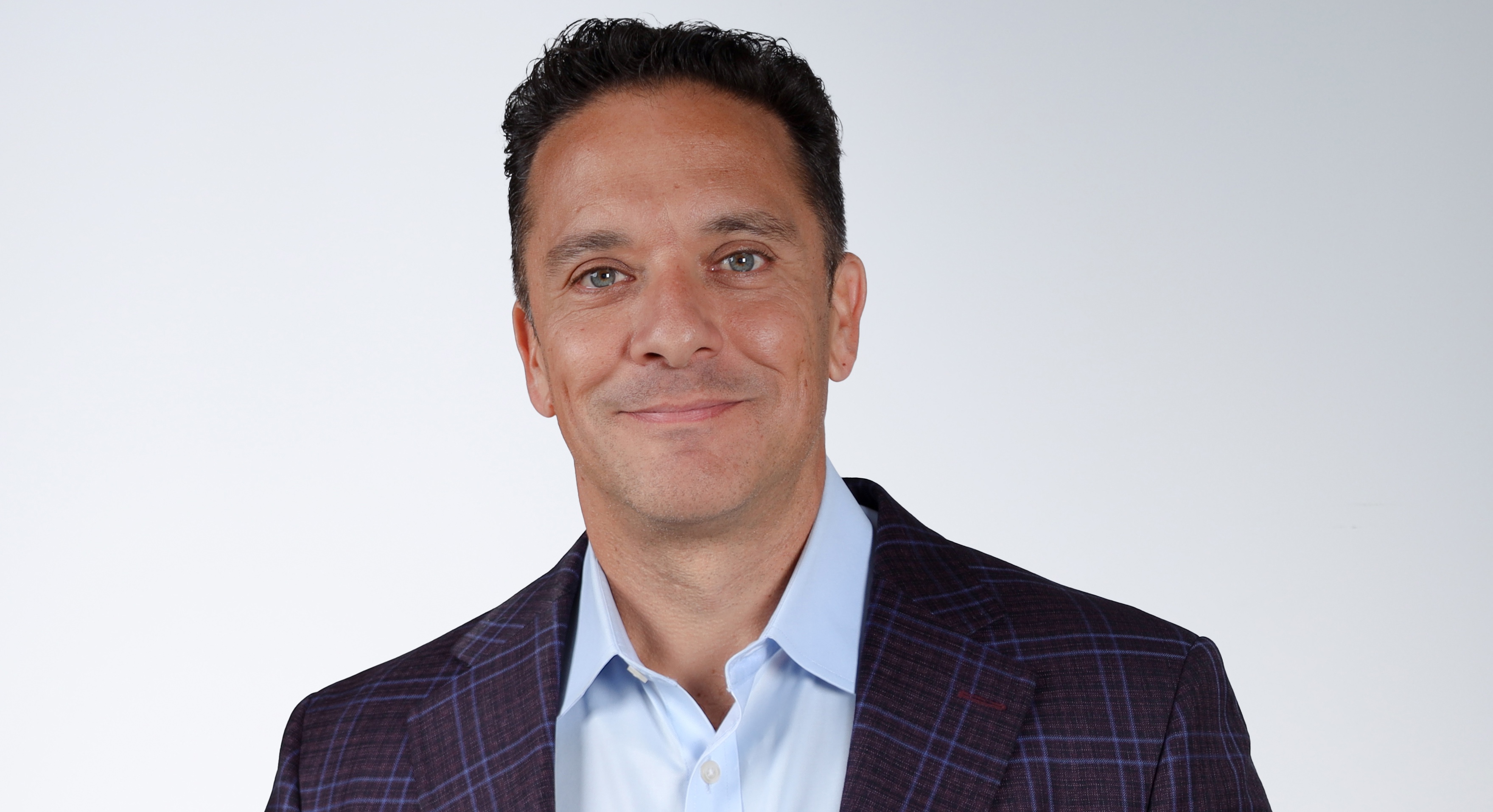The MSP market has changed – we need to change how we think about it
MSPs are advancing beyond IT, offering resilience and specialist services through co-management


Many of us remember when the IT channel underwent a major shift and break/fix providers adapted their offerings to become the managed services providers (MSPs) of today. That evolution laid the foundation for the current MSP market, but the story didn’t end there. We’re in a new phase: one of scale, maturity, and opportunity.
Many of today’s MSPs are more established and serve bigger clients. Some are backed by private equity; others are publicly traded. They’re no longer just tech shops; they have marketing departments, security specialists, sales functions, and in some cases, teams dedicated to M&A. But this does not mean the MSP market is getting too crowded. Instead, it opens new opportunities if we change how we think about MSPs.
Enterprise scale is creating industry-wide opportunity
The new generation of MSP is larger, more sophisticated, and deeply embedded in sectors like finance, healthcare, and retail, often co-managing critical IT infrastructures alongside internal IT teams.
Consolidation has played a major role in this evolution. According to our MSP Horizons Report, 90% of MSPs are eyeing M&A, up from 44% the year before, driven by factors including a need to acquire new skills or geographic expansion. This growth lets MSPs tackle bigger clients with broader, more complex needs.
Cybersecurity continues to be a major trend and key revenue driver, with businesses of all sizes relying on professionals to deliver true cyber and business resilience.
It’s a core part of what MSPs bring to the table. As cyberthreats get smarter and more widespread, businesses rely on MSPs not just for protection, but for proactive security, things like spotting threats early, responding quickly to incidents, and staying compliant. It’s no longer just about keeping the bad guys out; it’s about bouncing back fast when something does happen, keeping business running, and staying ahead of new risks.
By building strong security and resilience strategies into their services, MSPs are proving themselves to be essential partners in keeping digital operations safe and steady.
Stay up to date with the latest Channel industry news and analysis with our twice-weekly newsletter
Most importantly, this expansion doesn’t crowd out the smaller players; in fact, it can create more space for them. As the bigger MSPs shift their focus to larger clients and global accounts, they leave behind valuable gaps for regional, vertical, and specialized MSPs to fill. Smaller players can offer personalized services, targeted industry expertise, or hands-on support that large-scale firms may not prioritize.
Co-management is the new standard
Co-management has become the norm for many MSPs. Instead of replacing internal IT teams, they’re partnering with them and sharing responsibilities — providing a dual benefit for clients who need MSPs’ scale and expertise, while allowing internal teams to focus on strategic initiatives.
The shift is also reflected in broader trends from the MSP Horizons Report. Businesses face rising cyberthreats and need to keep up with the widespread adoption of AI. MSPs are stepping in to fill critical gaps. The report found that cybersecurity is now the top driver of MSP services, with 90% of MSPs expecting increased demand, particularly in managed detection and compliance services. Moreover, 94% of MSPs are already using AI tools, which will drive the need for new technical expertise.
The move to co-management shows how far MSPs have come from the break/fix era. They are the backbone in helping organizations scale, adapt, and stay secure.
A shift in mindset
As MSPs embed deeper in enterprise environments, it is inevitable that expectations will also rise. Customers expect more and will want a partner who understands the risk landscape, cyber resilience, and the impact on long-term business continuity, making strategic thinking as crucial as technical skill and execution.
MSPs are responding by evolving their own operations. Dedicated teams that weren’t on the radar a few years ago, including customer success, security analysts, account-based marketing, and M&A, reflect a deeper redefinition of what it means to be an MSP today.
Evolution also offers new ways of delivering real value to end users. Some MSPs are focusing on offering specialist compliance support for healthcare or security services for financial services, whereas others are leaning into cybersecurity and becoming MSSPs. Regardless of the approach, the common thread is that MSPs are no longer just IT providers; they’re strategic enablers.
Maturity doesn’t mean saturation
Growth in size and capability might suggest the market is heading toward saturation. But that’s a misconception. MSPs now thrive in a layered ecosystem. At the top, larger players are moving into enterprise. In the middle, regional firms are thriving through relationship building. Meanwhile, new MSPs are being founded, often with a niche focus.
The Horizons Report’s findings clearly demonstrate this shift. From expanding AI adoption to soaring cybersecurity demand, client needs are growing more complex, opening the door for a broader range of providers.
The channel’s next chapter
It’s clear to see, the evolution of MSPs is far from over. Today, MSPs have more capabilities, are smarter, and are more embedded in client success than ever before.
The ‘new norm’ of co-management, stronger cybersecurity focus, and increased investment in M&A demonstrate that the industry is hitting its stride. The end of break/fix was just the beginning of ongoing change, as MSPs level up into a sharper, stronger, more strategic era.

John Pagliuca brings more than 20 years of leadership experience to his role, with a significant focus on the software and SaaS marketplace.
John serves as CEO f N-able (formerly SolarWinds MSP) and prior to that served as executive vice president of SolarWinds and president of SolarWinds MSP.
He joined SolarWinds with the acquisition of LOGICNow, where he served as CFO. Before joining LOGICNow, John was the vice president of finance and operations of GFI Software and before that, the vice president of finance for Airvana, a leading mobile data software firm, where he played key roles in taking Airvana public in 2007 and pushing them over $500M in revenue prior to the company’s acquisition by a private equity firm in 2010. John holds a B.S. in Accounting from Babson College.
-
 26% of privacy professionals are bracing for a breach this year
26% of privacy professionals are bracing for a breach this yearNews Overworked, underfunded privacy teams are being left hung out to dry by executives
-
 What role does automation play when it comes to IT service management?
What role does automation play when it comes to IT service management?Supported Content ITSM will be a familiar element of many IT departments, but a changing tech landscape requires a new strategy
-
 Why trust not tech will decide the channel’s future
Why trust not tech will decide the channel’s futureIndustry Insights When technology looks the same, the real differentiation comes from honesty and long-term relationships
-
 How the partnership model can transform the channel
How the partnership model can transform the channelIndustry Insights Collaboration and a shared understanding and commitment to solving problems is key...
-
 How SMBs can DIY their IT implementation and support
How SMBs can DIY their IT implementation and supportFeature For some small and medium-sized businesses, the third-party expertise and support might be out of reach. What’s the alternative?
-
 What the fragmentation of UC means for the channel
What the fragmentation of UC means for the channelIndustry Insights If communications are becoming fragmented, what does that mean for MSPs and VARs?
-
 How the UK public sector could benefit from strategic channel partnerships
How the UK public sector could benefit from strategic channel partnershipsIndustry Insights Is the channel the answer to the growing cost vs budget problem facing the public sector?
-
 2025: The IT channel’s year in review
2025: The IT channel’s year in reviewAI, acquisitions, and awkward partnerships were key themes in the year gone by
-
 Why MSSPs must train smarter
Why MSSPs must train smarterIndustry Insights Upskilling is key for MSSPs to move from reactive monitoring to measurable risk reduction
-
 Platform consolidation is the solution for MSPs’ growing pains
Platform consolidation is the solution for MSPs’ growing painsIndustry Insights As 2025 draws to a close, there's never been a better time for MSPs to rethink their tech structure